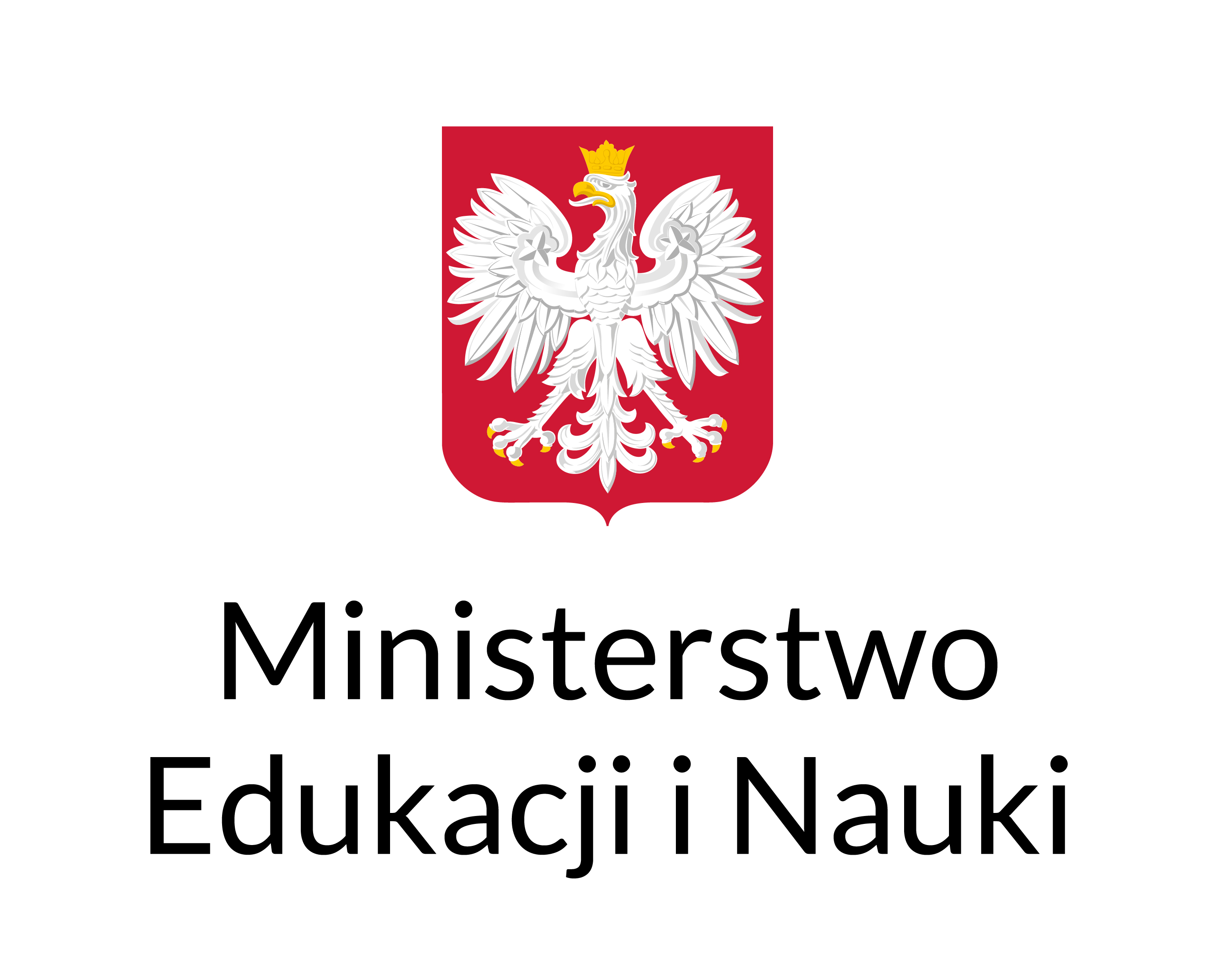Remarks on Church Property Restitution in Romania, With Special Focus on the Case of the Székely Mikó College
Abstract
The Soviet-style dictatorship nationalized church property, primarily educational and social institutions, run by the historical churches of national minorities. After the collapse of this political regime, a quest for restitution began, which raised complex private law issues. Finally, legislation favorable for restitution was created. However, the application of the legislation unchanged in its relevant provisions has two distinct phases: the first one is favorable for restitution. The second phase started after the Romanian accession into the EU, and NATO was less favorable. The external pressure for restitution, based on the rule of law, diminished. The restitution of the national minority church property today is largely perceived as a process conflicting with Romanian national interest. These changes and the complex legal problems raised and misused even by courts are illustrated in the case of Székely Mikó College.
References
Ballai, Z. (ed.) (2016) White Book on Church Property Restitution in Transylvania: with Special Regard to Reformed, Roman-Catholic, Unitarian and Evangelical Lutheran Churches. Cluj-Napoca: Az Erdélyi Református Egyházkerület Igazgatótanácsa.
Balogh, E. (2016) ‘Jogtörténeti megjegyzések a Székely Mikó Kollégium státuszjogához’[‘Legal historical comments on the status law of the Székely Mikó
College’] in Ünnepi kötet Dr. Czúcz Ottó egyetemi tanár 70. születésnapjára, Acta Universitatis Szegediensis. Acta Juridica et Politica, Tomus LXXIX. Szeged: Szegedi Tudományegyetem.
Chelaru, E. (2001) Legea nr. 10/2001 privind regimul juridic al unor imobile preluate abuziv în perioada 6 martie 1945-22 decembrie 1989. Comentată şi adnotată [‘Law No 10/2001 on the legal status of certain properties abusively taken over between 6 March 1945 and 22 December 1989. Commented and annotated’]. București: All Beck.
Dósa, E. (1863) Az erdélyhoni evangelico-reformátusok egyházi jogtana [The Ecclesiastical Jurisprudence of the Transylvanian Evangelical Reformed Church]. Pest: Osterlamm Károly.
Hegedűs, J. (ed.) (1913): Protestáns egyházi közigazgatási törvénytár, vagyis azon állami törvényeknek, rendeleteknek és ezekre vonatkozó miniszteri és felsőbb bírósági elvi kijelentéseknek gyűjteményes könyve, melyek illetve melyeknek egyes részei, szakaszai az egyházak, ezek javadalmasai közviszonyaira vonatkoznak, illetve érintik és működési körükhöz közel áll 1523–1913 [Protestant ecclesiastical administrative code, i.e. a compendium of state laws, ordinances and the relevant ministerial and higher court declarations of principle, parts of which relate to or affect the public relations of the churches and their beneficiaries and are close to their sphere of activity 1523–1913]. Nagybecskerek: Schneller és Göschl Testvérek.
Laday, Ș. (1924) Codul Civil Austriac în vigoare în Ardeal completat cu legile și regulamentele modificatoare cuprinzând și jurisprudența [Austrian Civil Code in force in Transylvania supplemented with amending laws and regulations including case law]. Cluj: Editura Ministerului Justiției – Directoratul General Cluj.
Pactet, P. (1998) Institutions politiques. Droit constitutionnel. Paris: Armand Colin.
Veress, E. (2018a) ‘Erdély, mint jogtörténeti tér’ [‘Transylvania as a space of legal history’] in Veress, E. (ed.): Erdély jogtörténete. Cluj-Napoca: Forum Iuris.
Veress, E. (2018b) ‘Erdély magánjogi integrálása (1918–1945)’ [‘Private law integration of Transylvania (1918–1945)’] in Veress, E. (ed.): Erdély jogtörténete. Cluj-Napoca: Forum Iuris.
Veress, E. (2019) ‘Az Erdélyhoni jogtudományról és Dósa Elekről (1803–1867)’ [‘On Transylvanian jurisprudence and on Elek Dósa (1803–1867)’] in Dósa, E.: Erdélyhoni jogtudomány I. Erdélyhoni közjogtan. Budapest: Közjegyzői Akadémia Kiadó












